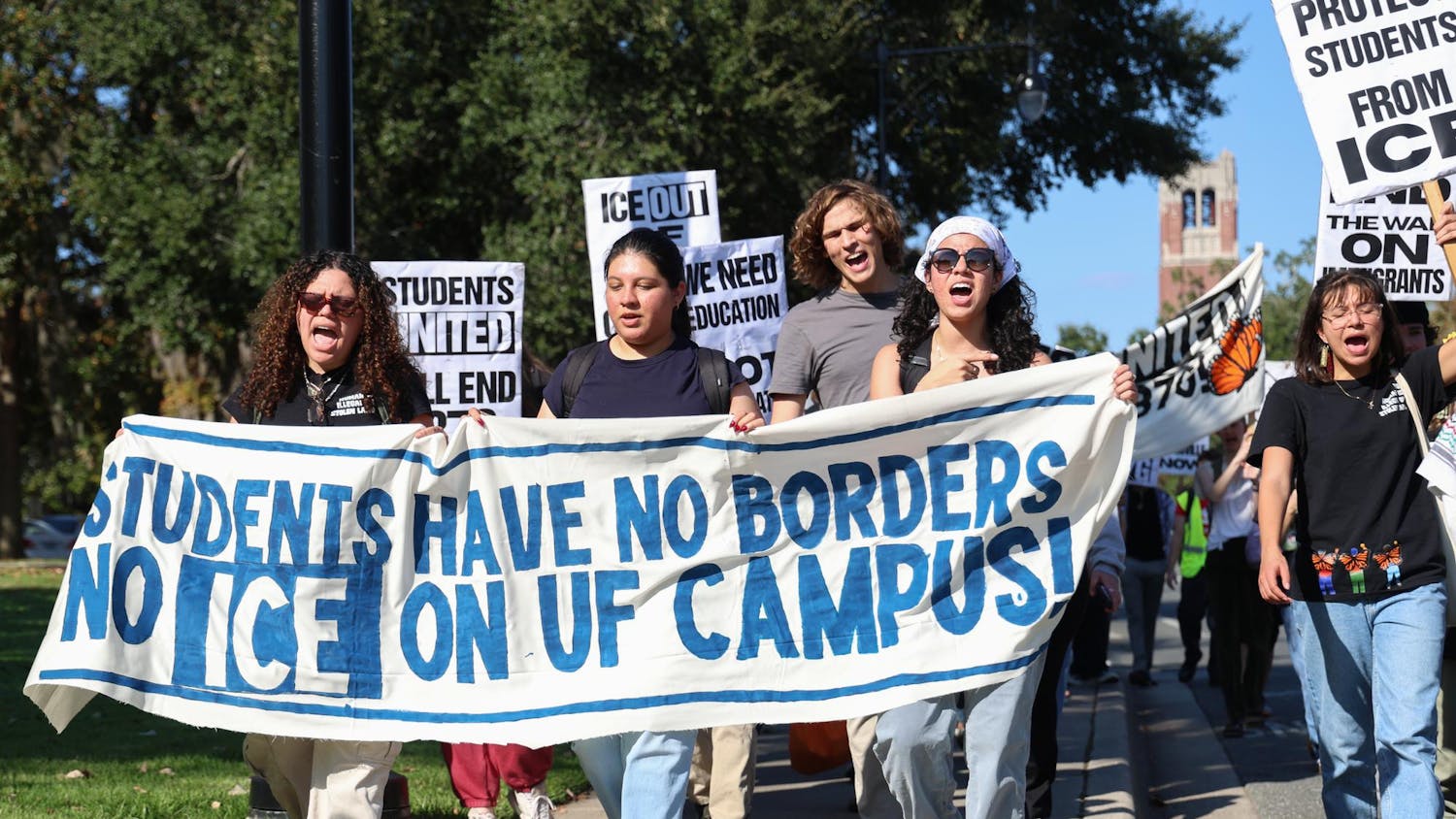We all remember the black screens in 2016 that symbolized solidarity for the Black lives lost at the hands of abusive police officers. In a way, it allowed large groups of people to sympathize with their Black counterparts and show solidarity without ever having to leave the comfort of their own homes. It was the height of performative activism. While Black communities and allies alike banded together to sign petitions, share their stories and protest in spite of massive retaliation, the rest of passive white activists were posting black screens with the BLM slogans followed by useless hashtags and emojis.
We even saw major influencers put the logo of the BLM movement as their profile pictures and create singular videos canonizing their support for the movement. But most of these attempts to support the movement stopped there. It quickly became a way to ease personal guilt and make oneself appear morally virtuous to their followers. But at what point did activism become washed out by a collective disconnect between racial disparities in America and the historical context that cultivated the systemic issues we see today?
What occurred in 2016 has occurred through numerous movements that gained mainstream traction, most recently those in support of Palestinian people and the lack of activist movements throughout social media. A common pattern that characterizes white activism within these movements is a general theme of superficial engagement. As we’ve seen with the popularity of the black screens, there is an overall lack of commitment when it comes to addressing the deep-rooted systemic issues that have impacted marginalized communities for decades, occurring mainly due to a general disregard among white Americans to address the historical atrocities committed to Black and brown communities.
It’s interesting how the American curriculum instills within us the atrocities of the Holocaust and the historical impact on Jewish peoples, yet fails to address their own. While it becomes a historical example of colonialism, ironically enough, there is major pushback on the teachings of Black and brown history that are characterized by marginalization, assault, death and enslavement. In Germany, the Holocaust has become mandatory to the class curriculum, yet in our very own Sunshine State it’s been decided that we must ban African American studies and the teachings of critical race theory in the name of sanitizing America’s reputation, and more specifically white Americans.
A manifestation of this guilt is in the complete disregard for any form of reparations. “Oh, it happened years ago,” “Why should they get free money,” “It’s not my fault” and “I’m not raci-blah blah blah.” The legacy of slavery and colonialism puts forth a disgusting reality and it makes white Americans uncomfortable because in enacting reparations that also means admitting to the atrocities of slavery as a country. In other words, an admission of guilt. Yet while reparations can be a check, it can also look like funding for low-income schools, grants for Black start ups, funding for HBCUs and Black scholars. But the white “liberal” superficial thinking that has characterized modern-day activism has halted the types of action we’re collectively willing to take.
However, I do believe there is major truth in how while white guilt has its purpose in cultivating activists, whether superficial or not, it can also deter activism. While these innate racial differences that we cling to so much are simply not real and were created to further divide humankind, there is a major difference in this context between Black and brown people and white people in America. While the former is currently idealistic at best, in not addressing the major racial differences we are choosing to ignore the disenfranchisement of Black and brown communities rooted in complex systemic issues that are based in a racial divide. It isn’t until we as Americans unite in the name of liberation for all Americans that we will ever see actual strive for change.
Eriel Pichardo is a UF English senior.






